Nordic-Baltic Energy Conference 2019: speakers

Time: 24.-25. October 2019
Venue: Nordic Forum Hotel, Tallinn
Conference language: English
Organizers: The Nordic Council of Ministers
* More speakers to be added
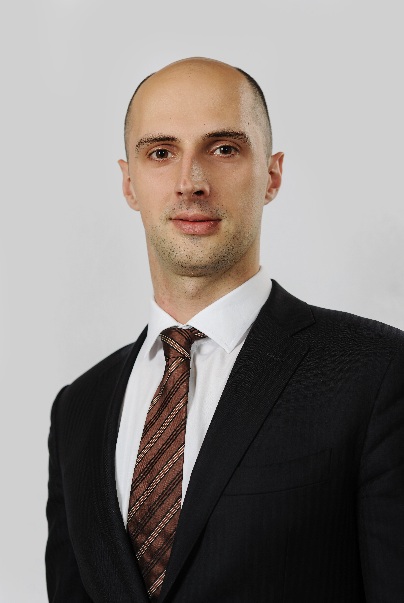
Andrejs Apanuks
Director of Sustainable Energy Policy Department in the Ministry of Economic Affairs, Latvia
Andrejs Apanuks obtained his Mg.oec. in Riga Technical University in international economic relations in 2008. Professional experience includes international trade policy matters (EU Trade policy, WTO issues etc.) in the Ministry of Economic Affairs, 2005-2014, team member in Latvia’s Presidency in the Council of the European Union in 2015 with a focus on international relations in energy. August 2015-March 2018 Deputy Director of Renewable Energy Resources and Energy Efficiency Department, from March 2018 – Director of Sustainable Energy Policy Department in the Ministry of Economic Affairs.
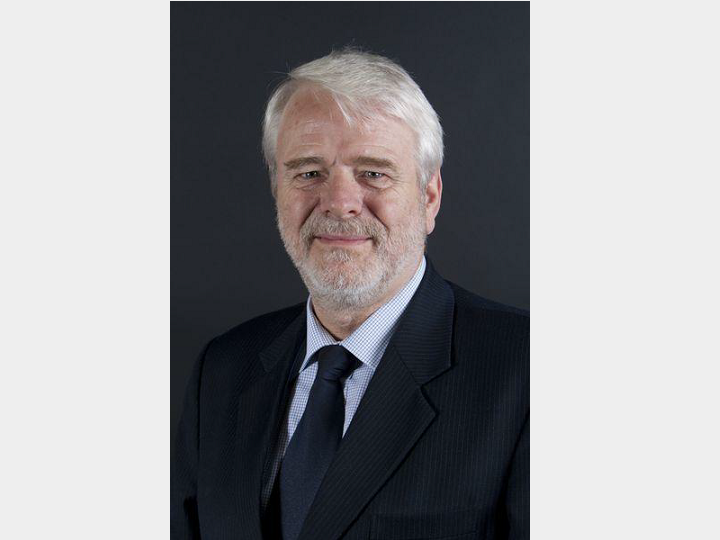
Aad van Bohemen
Head of the Energy Policy and Security Division, International Energy Agency (IEA), France
Aad van Bohemen is Head of the Energy Policy and Security Division at the IEA since 1 September 2015 and carries responsibility for In-depth Reviews of energy policies of IEA member and partner countries, and for the emergency policies of the IEA. Between 2012 and 2015, Aad was Energy Envoy for the Minister of Economic Affairs of the Netherlands, and Manager of International Affairs of the Energy Academy Europe. From 2006 to 2012, he was head of the Emergency Policy Division of the IEA, with the responsibility of assuring the IEA and its member countries stand ready to react to severe oil and/or gas supply disruptions, and to coordinate IEA collective actions during such disruptions.
Before coming to the IEA, Aad van Bohemen held several posts in the Ministry of Economic Affairs in the Netherlands, where he worked on the liberalisation of electricity and gas markets and oil market-related issues, including international relations and oil crisis management. Aad was project manager for the 9th International Energy Forum (IEF) in Amsterdam in 2004, and he was responsible for establishing the IEF Secretariat in Riyadh, as chairman of the Executive Board. Aad holds a Master’s in Macro Economics from the Erasmus University in Rotterdam.
"The Nordic/Baltic co-operation in the electricity sector has resulted in a well-functioning regional market and many interconnections. This has spearheaded a sustainable energy transition throughout the entire region. The IEA encourages further regional co-operation to continue to ensure a secure supply of electricity in the future when a much larger share of the supply will come from variable renewables and the Baltic countries are synchronized with Continental Europe. The countries can also benefit from better aligned climate and energy policies, e.g. on support for renewables and carbon pricing, to attract more investments in renewables and grid capacity towards 2030 and beyond.”
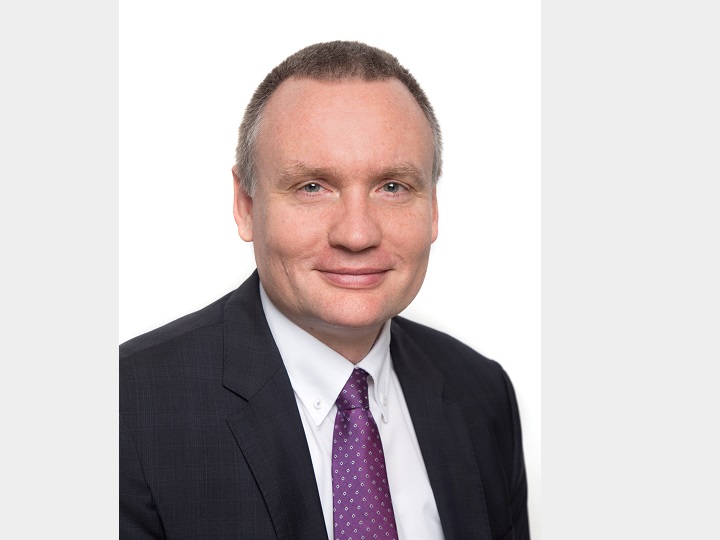
Dolf Gielen
Director, International Renewable Energy Agency (IRENA), Germany
As director of the International Renewable Energy Agency (IRENA) Innovation and Technology Centre in Bonn since 2011, Dolf Gielen oversees the agency's work on advising member countries on energy scenarios and planning, power sector transformation, cost and markets, technology status and innovation outlooks, and project development guidelines. Before joining IRENA, Dolf Gielen worked for the United Nations Industrial Development Organization (UNIDO) and the International Energy Agency. He has a PhD from Delft University of Technology in the Netherlands.
"Renewables & electrification can deliver 75% of energy-related CO 2 emission reductions needed by 2050. With energy efficiency included, this rises to over 90%. The share of renewables in total final energy consumption (TFEC) needs to ramp up six-fold and the share of solar PV and wind power in global electricity generation will need to grow from approximate 10% today to 60% by 2050 to reach our climate goals."
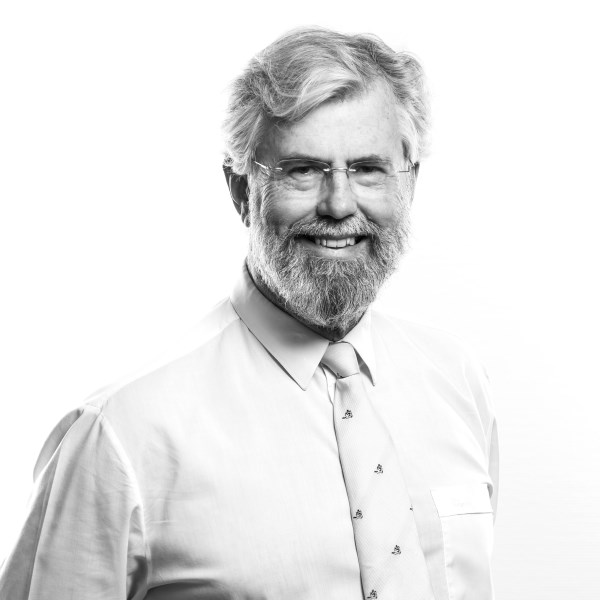
Hans Jorgen Koch
CEO of the Nordic Energy Research, Norway
Hans Jørgen Koch is the CEO of the Nordic Energy Research. He is the former Director General of the Danish Ministry responsible for energy and the former IEA-Director (International Energy Agency, Paris).
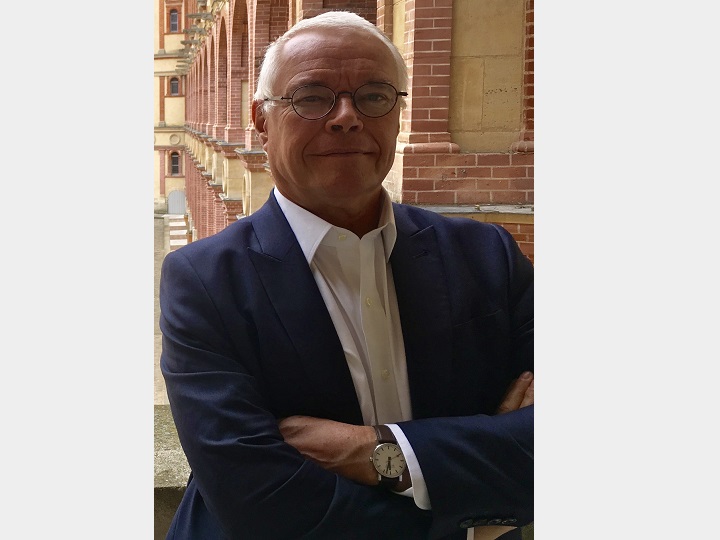
Jean-Arnold Vinois
Adviser on European Energy Policy at the Jacques Delors Institute, Belgium
Mr Vinois spent most of his professional career in the European Commission. Since 1987, he has held several management posts dealing with the internal market, transport, trans-European networks and energy policies, and acted as the director for the internal market for electricity and gas. After retiring in 2013, he was appointed Honorary Director. He is now Adviser on the Energy Union at the Jacques Delors Institute in Paris and Berlin. Being also a policy adviser to the Florence School of Regulation and the Vlerick Business School, he lectures at conferences, to students, and energy professionals.
"The presentation of Mr Vinois will give an idea of the progress made towards the Energy Union goal set in 2015 and will look at the prospect of the new objectives set for 2030 and for a net zero emission economy in 2050. In this respect the new energy and climate national plans will be scanned and the potential of Nordic-Baltic cooperation will be assessed. With the new EU Commission coming into power in November 2019, the likely actions to be undertaken by the EU in the next 5 years will be examined, against the climate leadership claimed by the EU."
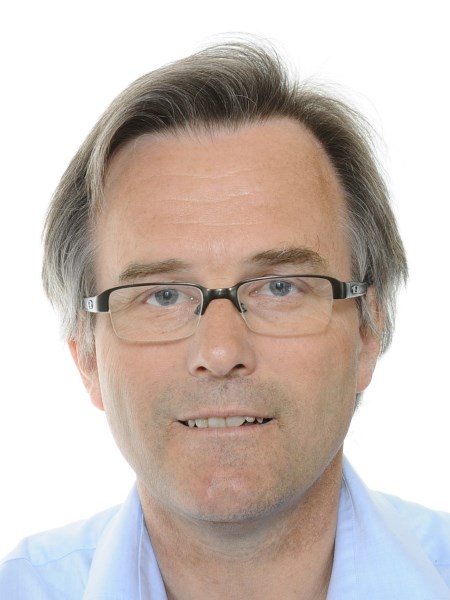
Johan Vetlesen
Deputy Director General at Ministry of Petroleum and Energy/ Nordic Council of Ministers Energy Committee, Norway
He is the the Deputy Director General of the Ministry of Petroleum and Energy/Nordic Council of Ministers Energy Committee. The Nordic energy ministers adopted a new programme for 2018-2021 - the single Nordic electricity market, renewable energy, energy efficiency and research are still important, also the Baltic countries. For this, Nordic energy cooperation (the Ollila-report) was strategically reviewed. New demands on good governance towards 2030 and the EU process on energy policies are discussed on many levels. The Estonian Presidency of the EU supported compromises in the council’s work on energy, resulting in new legislation.
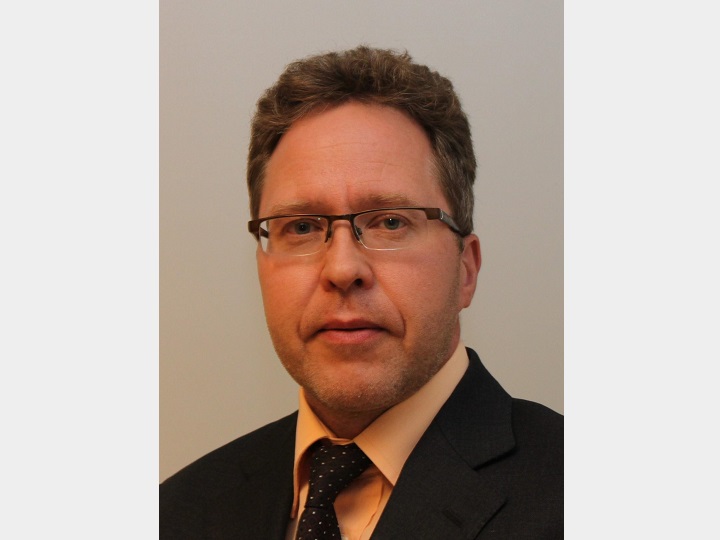
Markku Kinnunen
Chief Counsellor at the Ministry of Economic Affairs and Employment of Finland
Mr Markku Kinnunen works as a Chief Counsellor at the Ministry of Economic Affairs and Employment of Finland. He has a long working history in the administration and before the Ministry he worked at the national Energy Authority. Markku Kinnunen’ s main task at the Ministry is the coordination of the preparation of National Energy and Climate Strategies. In this respect, the finalisation of the Integrated National Energy and Climate Plan by the end of this year is the most urgent effort in Finland.
"The preparation of the National Energy and Climate Plans take energy and climate policy planning and coordination to a new level. Instead of looking at mainly national viewpoints, we now not only must but also have an opportunity to take into consideration the energy policy of our neighbouring countries and neighbouring areas as well. This new approach of cooperation and coordination generates new ideas and improves national policy planning and opens up opportunities for cooperation between neighbouring countries in the field of energy and climate policy. After all, ultimately, Member States are collectively responsible for achieving the EU 2030 energy and climate targets."

Vasco Ferreira
Policy Officer - Energy policy coordination at European Commission, Belgium
Since 2014, Vasco Ferreira has worked as a Policy Officer in the Energy Policy Coordination Unit of the Directorate General for Energy, European Commission. He has been part of the teams in charge of the development of some of the latest EU initiatives in the energy field and is committed to promote the European values and the delivery of the sustainable energy transition.
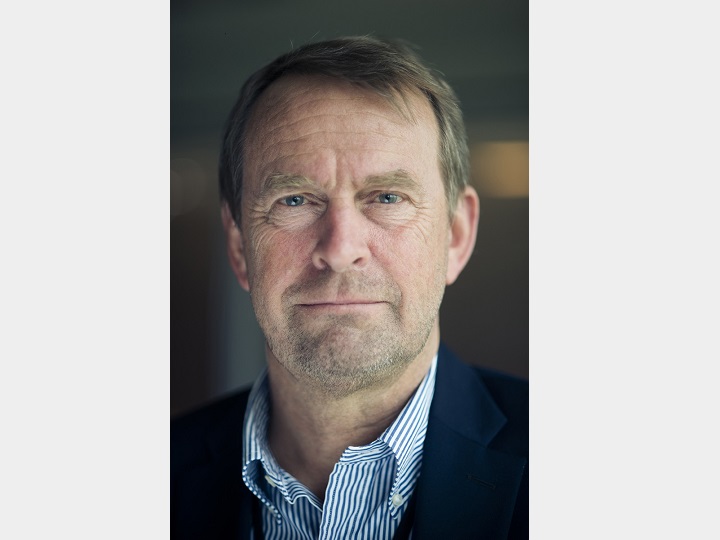
Knut Aanstad
VP Offshore Wind Business Development, Equinor, Norway
Knut M. Aanstad is Vice President for Offshore Wind Project Origination in Equinor. Knut has extensive experience from the international oil and gas business and has since 2006 been involved in the development of all of Equinor’s offshore wind projects in Europe and the US. Knut holds a MSc in geology from the University of Oslo, Norway.
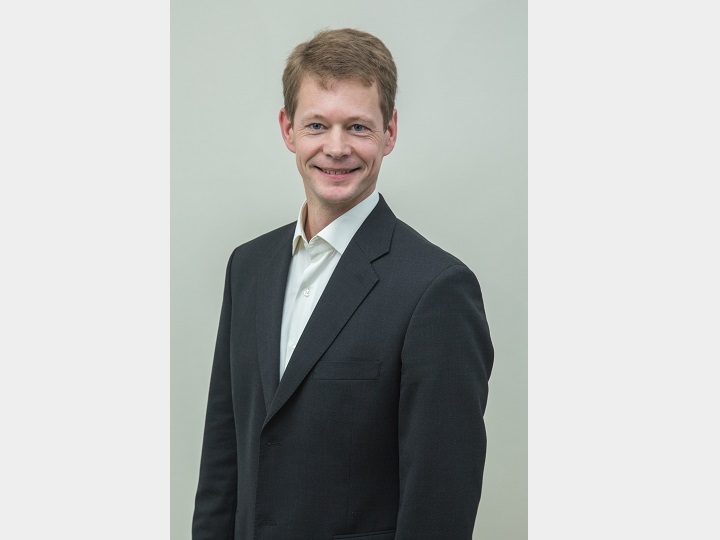
Andris Vanags
Fortum Latvia and Latvian Federation for Renewable energy, Latvia
Andris Vanags works in the Finnish energy company Fortum since 2014 and currently is the Country Manager of Fortum’s operations in Latvia. Andris Vanags is also taking active role in the Board of Latvian Federation for Renewable Energy, in the Board of Latvian District Heating Companies’ Association as well as is active in the Finnish Chamber of Commerce in Latvia and in the Latvia Wind Energy Association.
Andris Vanags has more than 20 years of experience in energy industry, project management, site supervision and energy consulting. He has taken different managerial positions in some of the largest heat energy companies in Latvia and has worked as a project manager for the construction of several large power plants and boiler plants.
Andris Vanags is holding University Degree in Engineering from Riga Technical University and has numerous certificates from professional qualification courses.
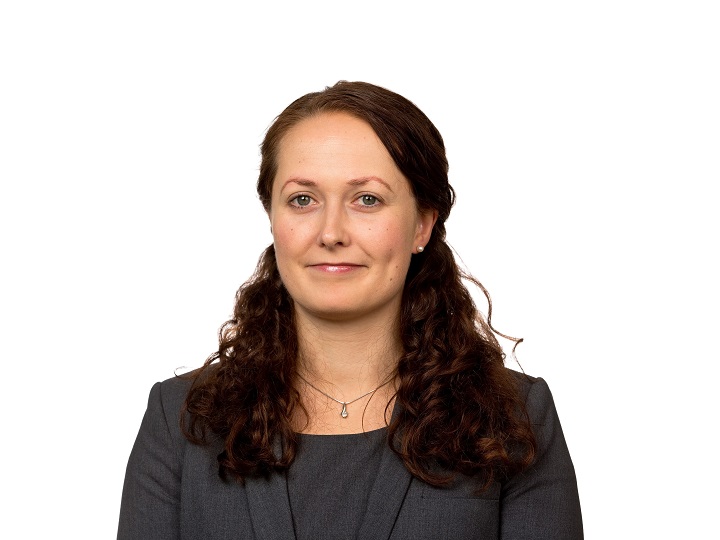
Ingvild Ombudstvedt
Owner/Lawyer, IOM Law, Norway
Ingvild Ombudstvedt is a Norwegian lawyer and economist and the owner of the law firm IOM Law, which was founded in Oslo in February 2017. She has a background as a lawyer in Arntzen de Besche law firm in Oslo and Senior Advisor Policy and Regulatory for the Global CCS Institute in Brussels and has broad experience with the legal aspects of CCS, CCU, CO2-EOR, and petroleum and energy, from a national, regional and international perspective. Ombudstvedt is appointed a national expert for Norway in the ISO project ISO TC265, standardizing CCS and CO2-EOR.
She is Chairperson of BASRECCS and the Norwegian CCUS Association and a Visiting Researcher at Meiji University in Tokyo.
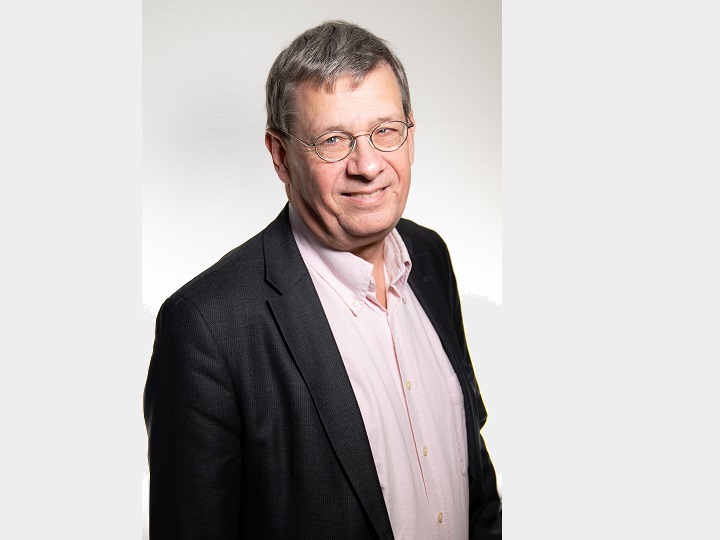
Bo Diczfalusy
Senior Advisor, Nordic Energy Research, Norway
Bo Diczfalusy is a Senior Adviser at Nordic Energy Research in Oslo. He has a long experience in energy policy, serving e.g. as a Director-General at the Swedish Ministry of the environment and energy and a Director at the International energy agency (IEA). His current work includes joint Nordic energy research and international cooperation on e.g. energy scenarios.
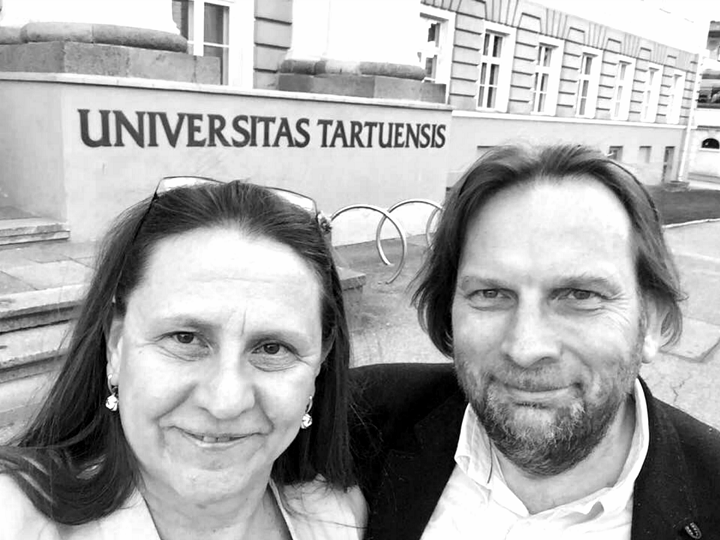
Marek Strandberg
Expert and consultant on energy and climate at Energy Agency of City of Tallinn, Estonia
Independent Clean Energy & Technology Consultant providing expert advice to the city of Tallinn. He is the former Chairman of the Board of the Estonian Fund for Nature. Founding member of the Estonian Wildlife Center and Green Party of Estonia. Materials Scientist, Engineer, Entrepreneur, Inventor in the fields of ecological and defense technologies, Educator and Publicist, Radio Host and Editor. Member of the Riigikogu, the Estonian Parliament, from 2007 to 2011.
Marek Strandberg will be presenting a decarbonisation plan for energy sector. The presentation is made together with Katrin Idla, a chemist, materials scientist and inventor in the fields of materials and defense technologies.
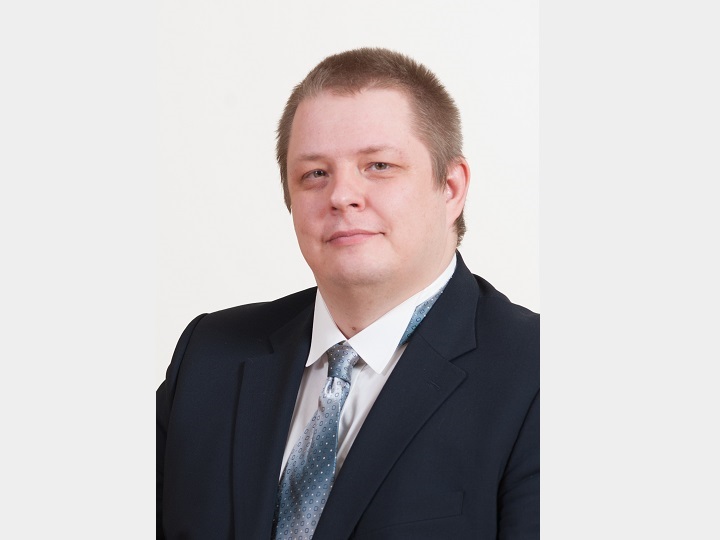
Erki Savisaar
Member of Parliament, politician, Estonia
Mr Erki Savisaar is a member of the 14th Parliament of the Republic of Estonia representing Estonian Centre Party. He is the Chair of the Environment Committee of the Parliament of Estonia and Vice Chair of the Natural Resources and Environment Committee of the Baltic Assembly.
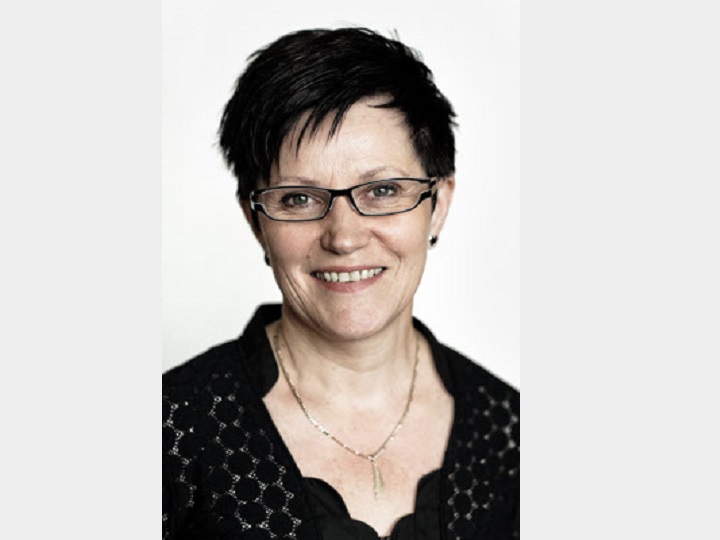
Berit Tennbakk
Partner at THEMA Consulting Group, Norway
Berit Tennbakk holds a PhD in economics and has 25 years of experience from the energy market. Early in her career she participated in the project that laid the foundation for the deregulation of the Norwegian power market in 1991. Since then, she has worked with a vast array of electricity and energy market issues, spanning from grid tariffs, via market design and regulation to market analysis and long-term scenarios. She has led projects for authorities, interest organization, energy companies and system operators in the Nordic countries and Europe, including the EU Commission, and had a number of management positions in her career.
"The transition to the low-carbon energy system cannot be accomplished without cooperation on system development, market integration, and removal of barriers in market design and regulation. The Nordic-Baltic Energy Conference is therefore a highly relevant and welcome arena to discuss and develop a common understanding of solutions and challenges among the countries in the Nordic-Baltic energy region."
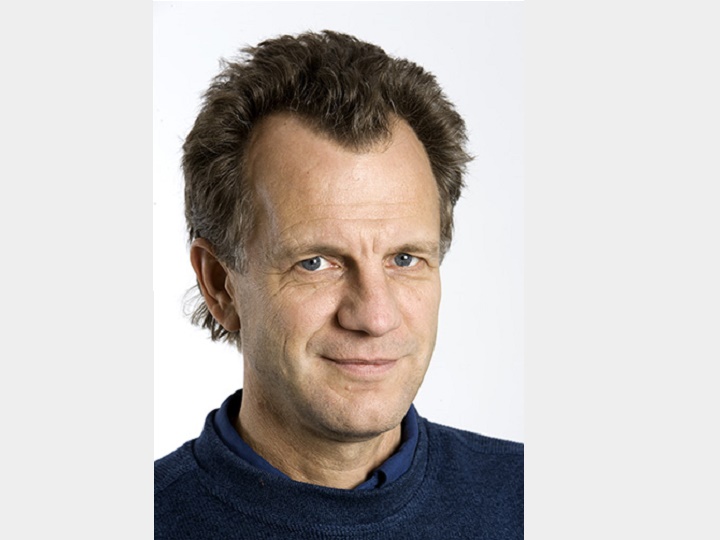
Thomas Björkman
Project manager, Swedish Energy Agency (STEM)
Thomas Björkman is since 2006 working at the Swedish Energy Agency with stake-holder cooperations to support industrial energy efficiency activities. Mr Björkman is presently Program Manager for sector strategies for the industrial sector. Previously he was managing the successful PFE program, an energy efficiency program for the energy intensive industry. and energy efficiency programs in SME networks. Mr Björkman holds a Master degree in chemical technology and a Masters degree in Sustainable development. He has 20 years industrial working experience in the field of material development to improve environmental performance of the companies, for example ozone depletion and producer responsibility.
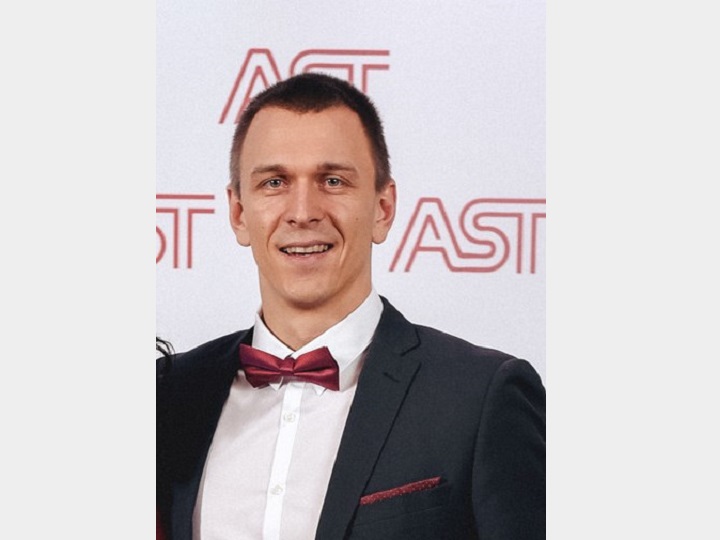
Ansis Zbanovs
Senior electrical Engineer, AS "Augstsprieguma tīkls (AST), Latvia
Ansis Žbanovs is a Senior Electrical Engineer from Latvian Transmission System Operator AS "Augstsprieguma tikls". He has been in business almost 10 years and he has worked on the common electricity market platform integration in Latvian market area and whole Baltic States. Together with market issues he has assessed Latvian power system adequacy in short-term, mid-term and long-term. He is a member of Regional Group Baltic Sea under ENTSO-E System Development Committee and has contributed a preparation of all Pan-European Ten Year Network Development Plans since 2010.
"The generation adequacy is very important and sensitive topic for Latvia, Baltic States and whole Baltic Sea Region. The importance of generation adequacy in Baltic States and European Union increases due to wide cross-border capacity developments during the previous ten years, expected extensive developments of Renewable Energy Sources until 2030 and 2040 to reduce greenhouse gas emissions, and to integrate European Union electricity markets. All these issues push Baltic States to common regional power system adequacy assessment which should be based on different kind of power system adequacy assessment methods – deterministic and probabilistic. Many uncertainties and serious changes in operational mode for Baltic States power system are expected after 2025 when Baltic States are going to desinchronize from Russian/Belarus (IPS/UPS) power system and synchronize with Continental Europe power system. All the issues mentioned above requests for a need to look for perspectives on the generation adequacy in Baltic States and to the generation cooperation between Member States as well as increase a need for reliable and sufficient power system adequacy assessment in the nearest future."
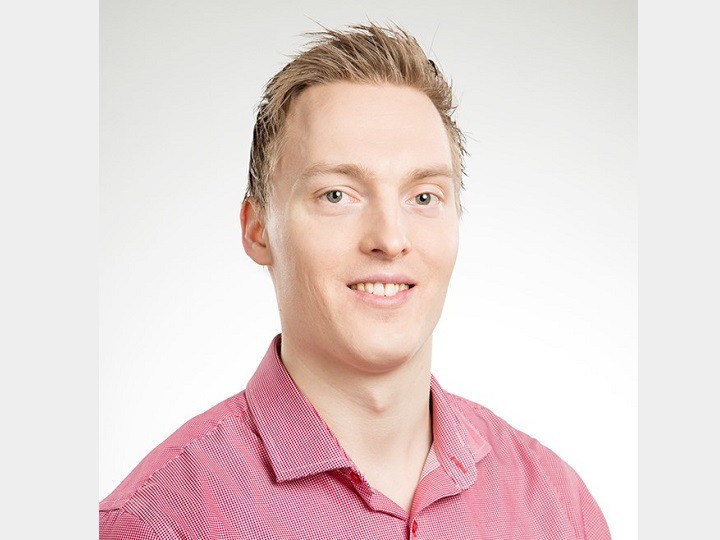
Risto Kuusi
Expert at Fingrid, TSO Finland
Risto Kuusi is an expert in the field of energy at Fingrid Oyj. Kuusis´s job consists of various tasks, including power market modeling in Northwestern Europe and Russia, grid investment analysis, system adequacy analysis, scenario analysis and long-term projections, including methodological development in the items mentioned. A prominent share of the work is done in international level.
Kuusi holds a Master of Science in Energy Economics from Aalto Univeristy.
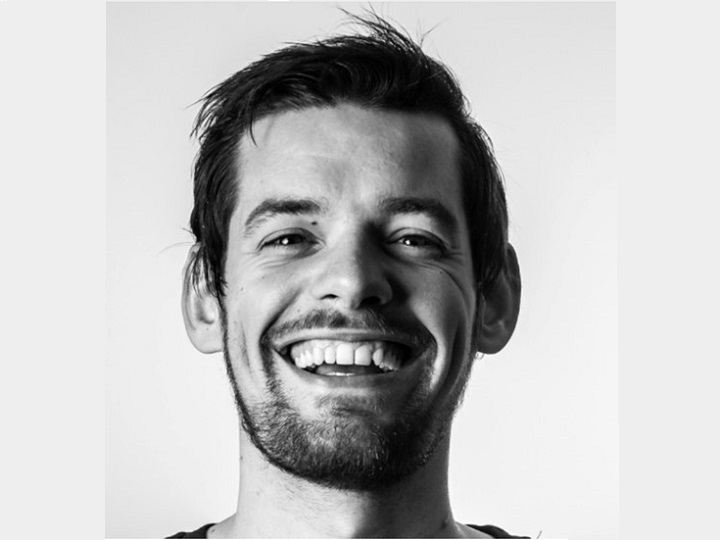
Martin Collignon
Member at the Danish Youth Climate Council and COO of ElectricityMap
With a past at Google & Uber, Martin Collignon is now COO at a startup focused on climate change and a member at the Danish Youth Climate Council under the Danish Ministry of Climate.
"Lowering the carbon intensity of electricity and electrification of our energy consumption is key to reduce our carbon emissions. Pooling resources across the Nordics and Baltics could allow us to become the first carbon neutral region in the world - if our politicians decide so. Will they?"
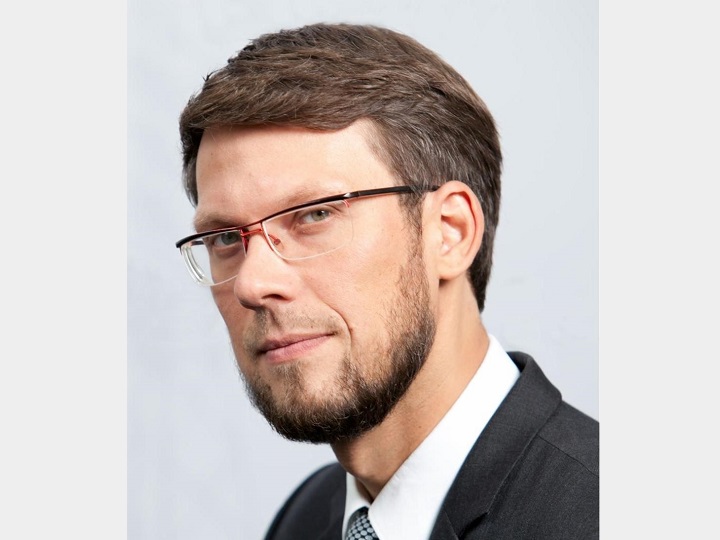
Liutaras Varanavicius
Director, Litgrid, Lithuania
Liutauras Varanavicius has a master’s degree in business management at International School of Management (ISM), Vilnius. Liutauras is serving in the position of the strategy department director at Lithuanian electricity transmission operator LITGRID since September 2013. He is one of the team members at LITGRID, leading and managing project of Baltic States synchronization with Continental Europe Networks. Liutauras Varanavicius under nomination of Lithuanian energy minister is chairing a national committee on network codes implementation in Lithuania since 2014.
"Baltic States for last two decades were undergoing a historical changes: we became members of EU, NATO, OECD and other geopolitical institutions. However fully fledged independence of Baltic electricity transmission grids are still undergoing. Recently signed Political Memorandum by EU president and heads of States of PL, LT, LV and EE have clearly defined the major milestones for Baltic States synchronisation with Continental European grids in 2025. Liutauras will review the current status of the project from main perspectives, such as regional, technical and financial, trying to answer the question of “Is desynchronization in 2025 still within reach?".
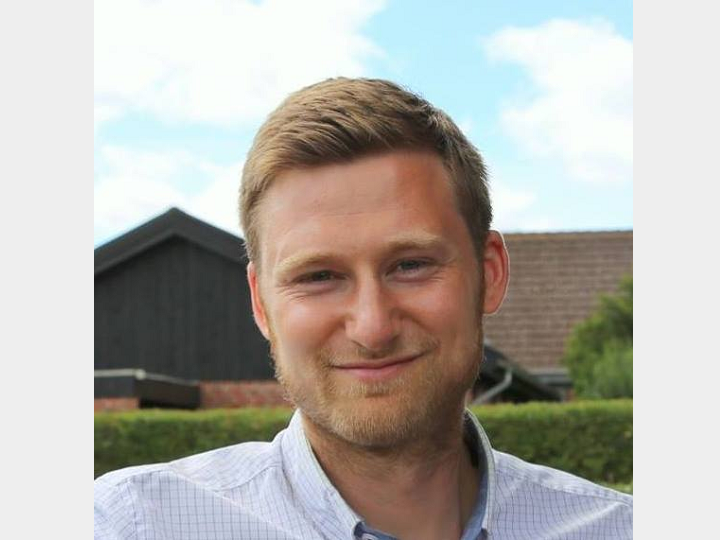
Anders Pellesen Jensen
Head of Security of Supply, Energinet Denmark
Anders Pallesen Jensen is Head of Security of Supply at the Danish transmission system operator Energinet. Since 2011 Anders has worked in various positions at Energinet with planning, market development and operation of the Danish power system. Anders holds a Master’s in Economics from Aarhus University.
"I think that international cooperation is very important in order to achieve a green transition with high security of supply and reasonable costs. Regarding power systems each country benefits from differences between countries. Cooperation between e.g. Sweden, Norway, Denmark and Finland, and cooperation between Estonia, Latvia and Lithuania is more important than Nordic-Baltic cooperation, but Nordic-Baltic cooperation is a great addition. There is good potential for continuing the increasing Nordic-Baltic cooperation."
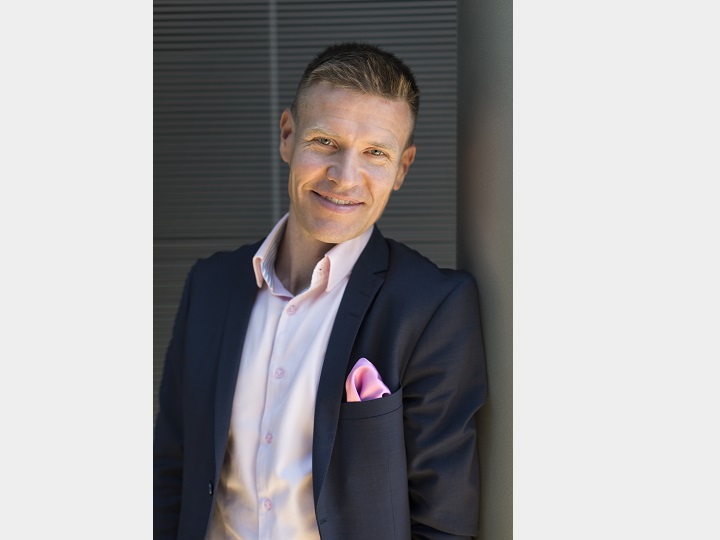
Herkko Plit
President and CEO at Baltic Connector, Finland
Herkko Plit is a visionary of the future of energy politics and systems, gas market and nuclear energy. His experience in energy and lead in significant projects and companies like Fortum, TVO, Baltic Connector and in public sector the European Commission and Finnish Ministry of Economic Affairs and Employment, has contributed in international assignments including among others developing natural gas infrastructure in the Baltic region.
"Energy transition is inevitable. In the future, more and more energy needs to be transferred. The electricity networks won´t be enough and sector coupling with gas networks will be needed. Also, due to intermittent renewables, energy storage will become more crucial in the future. Cooperation and integration at a regional level are necessary in order to reach issues that combat against climate change."
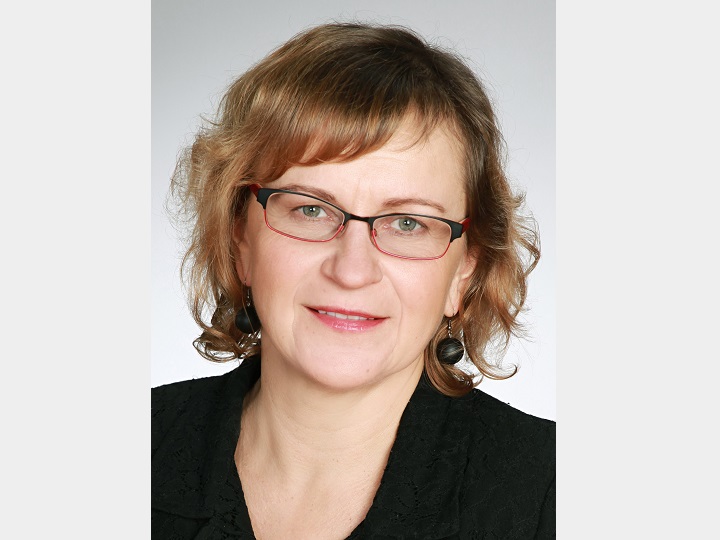
Rota Šņuka
Board Member at the Public Utilities Commission in Latvia
Rota Snuka has been a Board Member at the Public Utilities Commission in Latvia since July 2016, mainly working with energy sector regulation. From 2011 until 2016 she held the position of the Director of the Energy Department at the Ministry of Economics in Latvia. Throughout her career, she has acquired a great deal of experience in developing national and regional energy policy papers and drafting legislation concerning electricity and gas market, namely transposing EU Directives on electricity and gas market.
During the Latvian Presidency of the EU Council in the first half of 2015, she was part of the team which organized the Energy Union conference in Riga and she later worked with governance issues as well as revising the first Baltic Energy Market Integration Plan (BEMIP) and achieving a reinforced BEMIP agreement.
Rota Snuka holds a PhD in Economics as well as BSc in Law. In 2016/17 she completed with excellence the Annual training course on regulation of energy utilities within Florence School of Regulation, European University Institute.
"Energy consumers, driven by their specific needs, is a key to break the silos between gas and electricity markets."
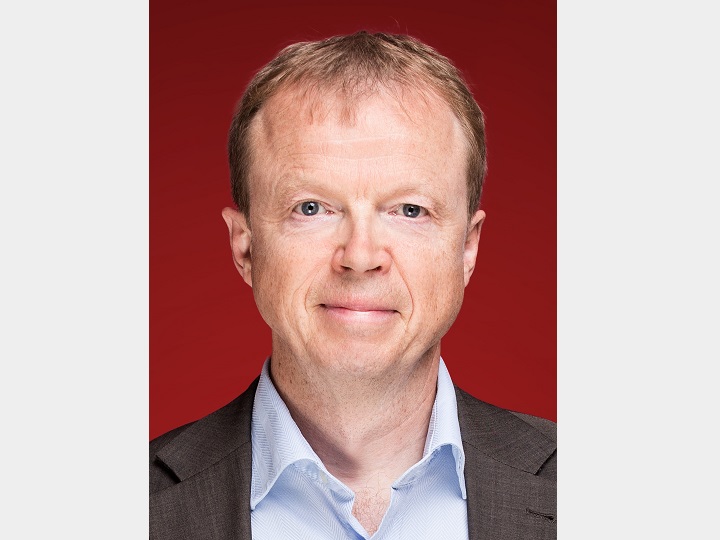
Lars Georg Jensen
Chief Advisor, Danish Energy Agency, Ministry of Climate, Energy & Utilities, Denmark
Lars Georg Jensen (b. 1960) has thirty years of professional experience with relations between energy, climate change and economic development. He currently works as chief advisor in the Danish Energy Agency as coordinator of the Danish National Energy and Climate Plan (NECP), to be submitted to the EU Commission by the end of 2019. Jensen has extensive experience in international energy policy relations, having represented his country in the Governing Board of the International Energy Agency, The IEA’s Standing Group on Global Dialogue, and he is still a member of the IEA’s Standing Group on Long-Term Co-operation (SLT). At four occasions he has also served as team leader of IEA In-Depth Review’s of member countries energy policies. From 2008 to 2010 Lars Georg Jensen was deputy director in the secretariat of the Danish Commission on Climate Change Policy, an independent Commission set up by the Government to explore ways of becoming independent of fossil fuels. Lars Georg Jensen is also an international expert on climate change policy and sustainable development. He has participated in more than 35 UN conferences on climate change, energy and/or sustainable development, including 14 COPs to the UNFCCC, adding up to more than one years presence at such events. Prior to joining the Danish Energy Agency in 2004, Lars Georg Jensen worked more than ten years for Non Governmental Organisations in the field of environment and development. Lars Georg Jensen holds a Masters Degree in Political Science from the University of Copenhagen and a Professional Bachelor's Degree in Social Work from the National School for Social Work, Odense, Denmark.
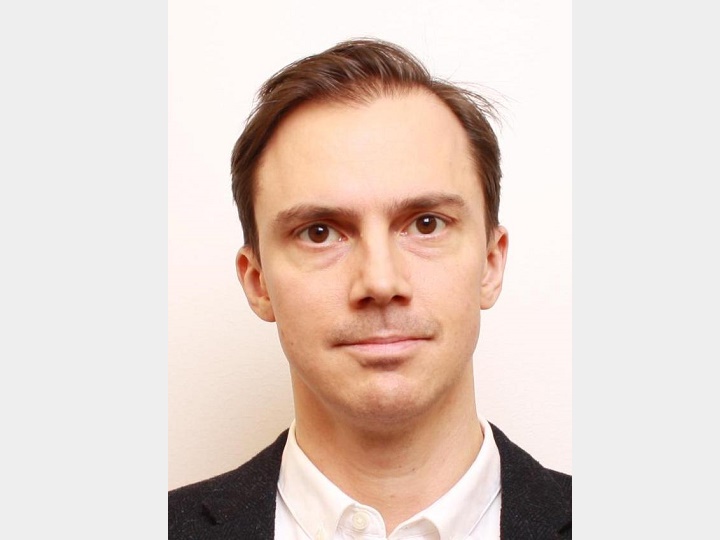
Alexander Meijer
Head of Section at the Division for Energy at the Swedish Ministry of Infrastructure, Sweden
Alexander Meijer works as Head of Section at the Division for Energy at the Swedish Ministry of Infrastructure, where he is responsible for coordinating the work with the Swedish National Energy and Climate Plan. He has a background as energy analyst at the Swedish Energy Agency and as consultant for wind power projects.
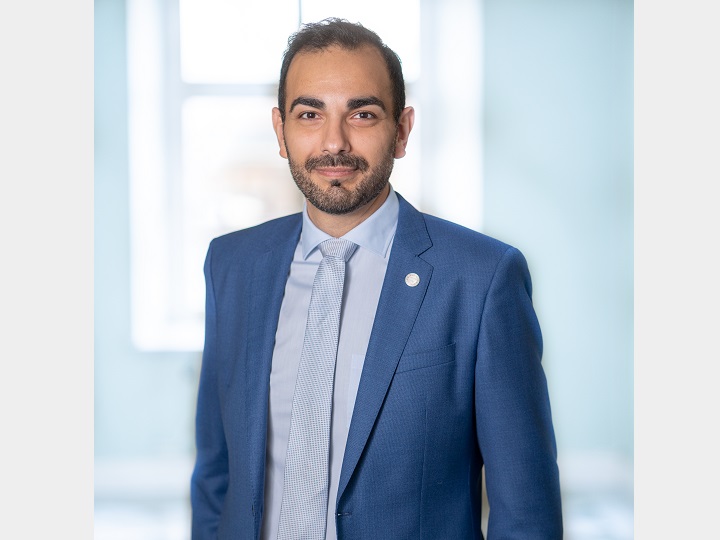
Arman Teimouri
Member of Parliament and of the Nordic Council, Sweden
Arman Teimouri is member of the Swedish Parliament for the Liberal party. He is a member of the Nordic Council. Due to his work in the parliament he is responsible for matters concerning general guidelines for industry and trade policy, intellectual property law, energy policy and regional development policy. Previously, he worked with public relations and communications strategy at management level.
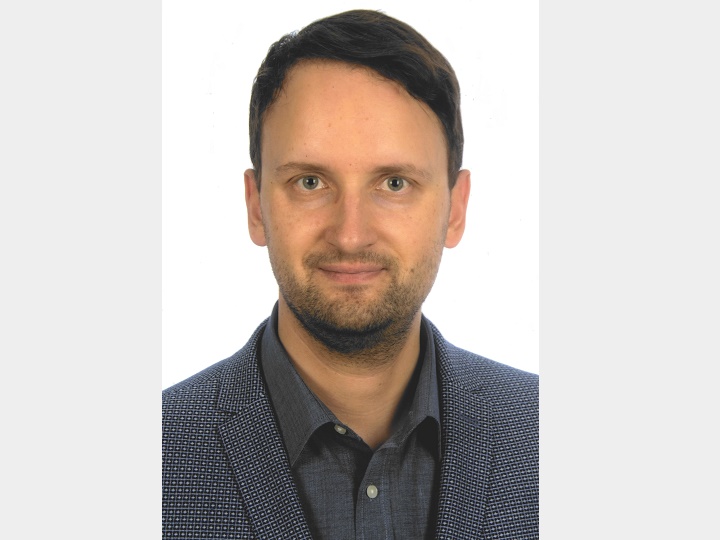
Daumantas Kerezis
Acting Head of the Innovations and Internationality Group at the Ministry of Energy of the Republic of Lithuania
Daumantas Kerežis is the Acting Head of the Innovations and Internationality Group at the Ministry of Energy of the Republic of Lithuania. Mr. Kerežis has over 10 years of experience in energy policy field. He started his career at the Ministry of Foreign Affairs of the Republic of Lithuania, where for three years he was dealing with energy policy as well as energy security from an international perspective. Later, already at the Ministry of Energy, for four years he was responsible for regional and other international energy affairs. Later on, for another four years he was the coordinator of the Lithuania‘s National Energy Independence Strategy‘s renewal. Finally, his current area of work includes international energy affairs, but also a focus on R&D and innovations in the energy field. In the context of EU’s Integrated National Energy and Climate Plans, he is coordinating the Regional Cooperation and R&D and Innovations’ parts of the Lithuania’s draft Plan.

Andres Meesak
CEO of the Estonian PV Association, Estonia
Andres Meesak is the CEO of the Estonian Photovoltaic Association. The association works with developing the Estonian PV sector in co-operation with all parties and stakeholders. Andres Meesak has held trainings on the cost effiecency and economics of small-scale renewable energy production and facilitated many national and international energy conferences.
Meesak holds a MBA of Leadership and Marketing from the Tartu Univeristy department of Economics.
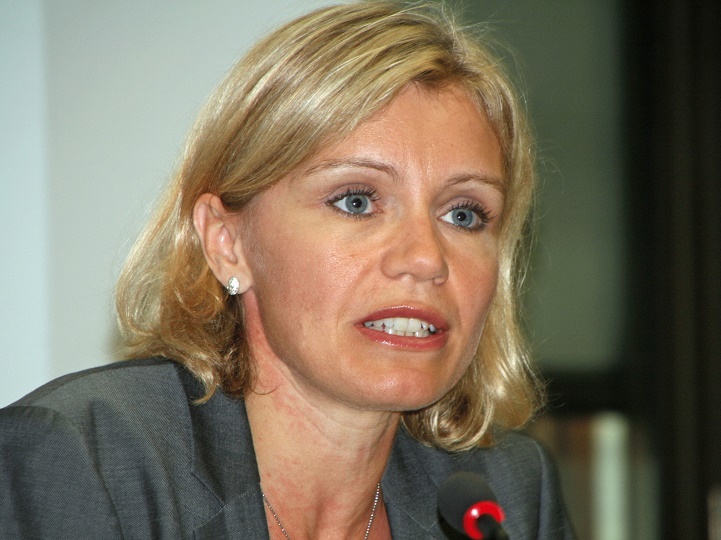
Mette Quinn
Head of Unit for EU ETS Implementation at European Commission, DG Climate Action
Working in the Directorate for European and International Carbon Markets Mette Quinn is heading the unit for Implementation of the EU Emissions Trading System and IT in the Commission’s Directorate-General for Climate Action. She took part in the negotiations of the international climate agreement in Paris in 2015, and also worked on international and EU domestic climate finance and innovation issues.
Within the European Commission she has also worked in the Directorate-General for Enterprise and Industry, where she has a number of years’ experience as a policy officer on innovation policy development, governance and benchmarking. Previously, she worked for the Danish Ministry for Foreign Affairs and also spent a few years at the Danish Permanent Representation to NATO. She is an economist (Cand. Polit) and married with one daughter.
